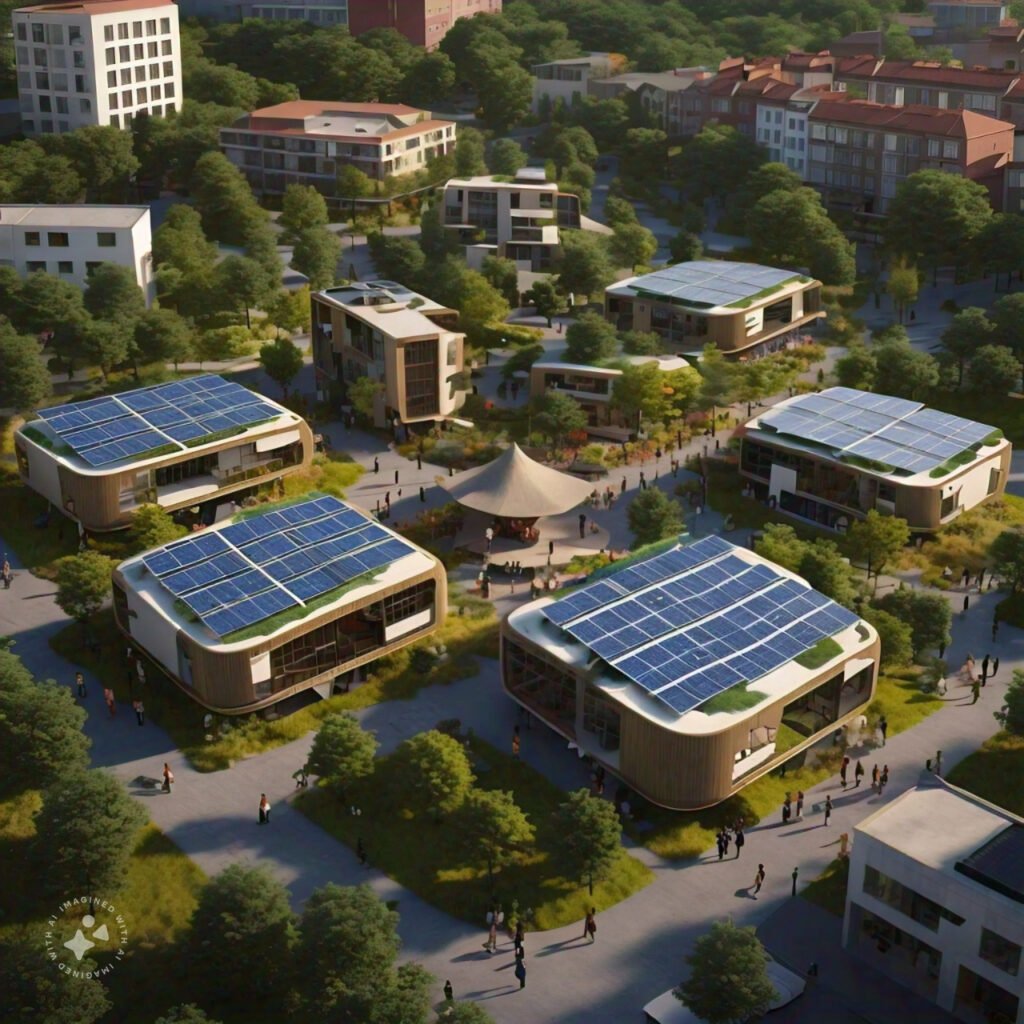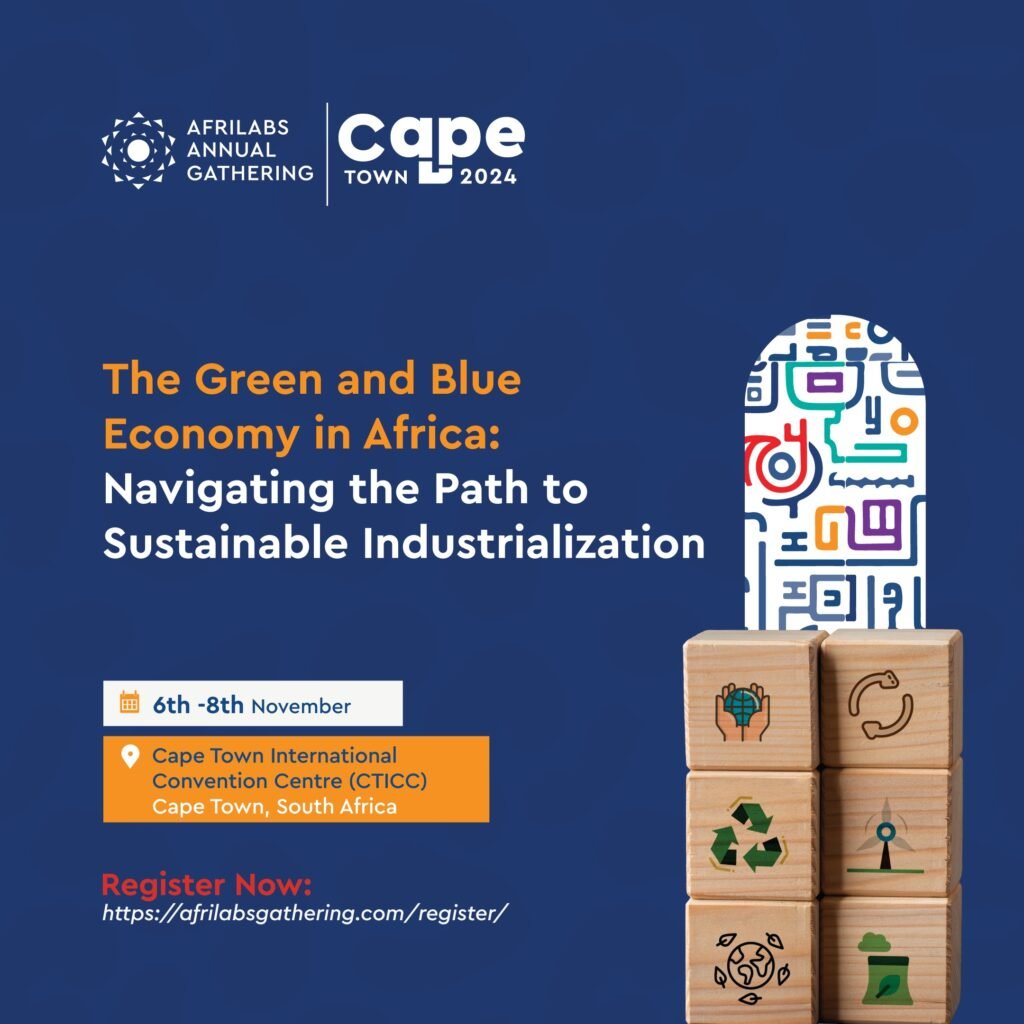The Green and Blue Economy in Africa: Navigating the Path to Sustainable Industrialization

The Dual Challenge: Clean Energy Transition vs. Industrialization
Africa stands at a crucial juncture in its development trajectory, grappling with the dual challenge of transitioning to clean energy to mitigate environmental impacts while simultaneously ramping up energy production to fuel much-needed industrialization. This tension arises from the continent’s pressing need for economic growth and development, which requires reliable and affordable energy, juxtaposed with the global imperative to combat climate change by reducing greenhouse gas emissions.

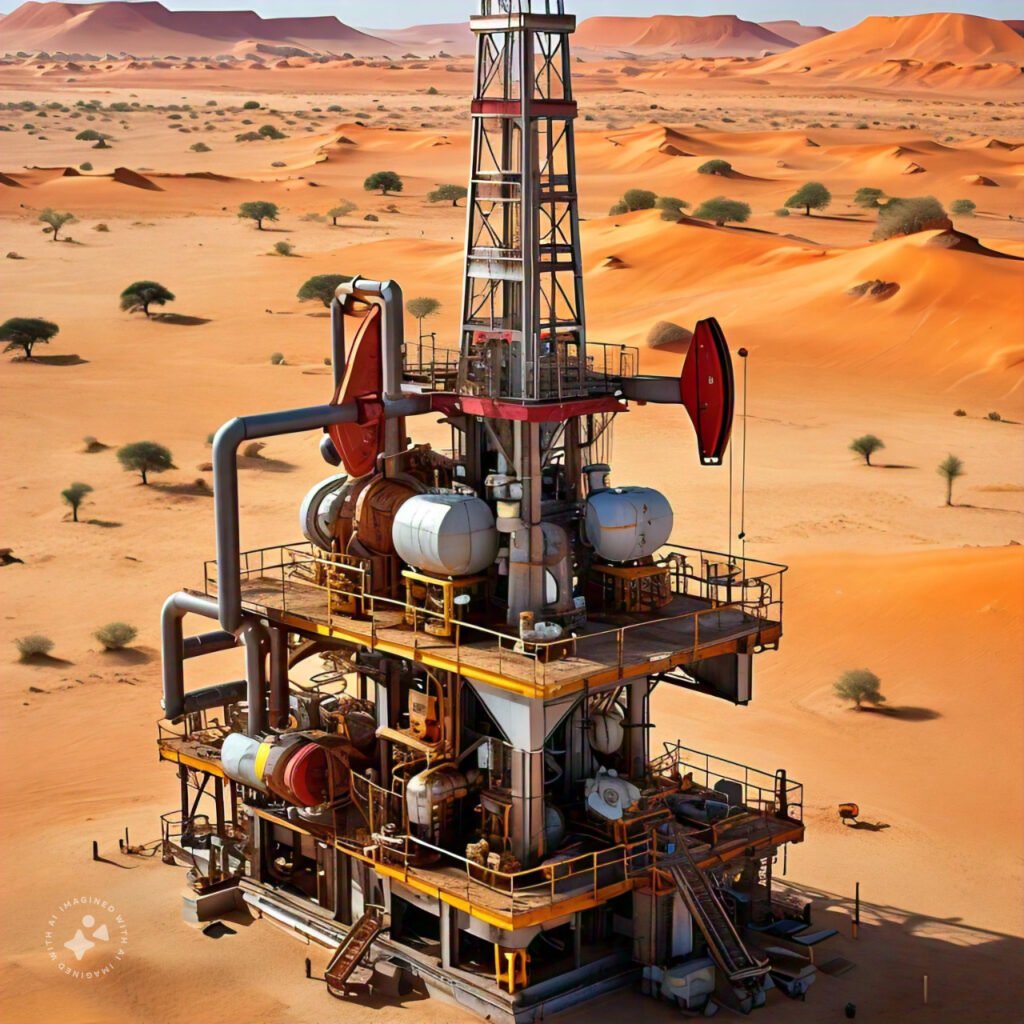
Contribution to Global Emissions
Historically and currently, Africa’s contribution to global greenhouse gas emissions has been minimal. Despite accounting for approximately 17% of the world’s population, the continent contributes less than 5% of global emissions. This is in stark contrast to major industrialized nations, which have historically been the largest emitters and continue to dominate current emissions levels. However, Africa’s role as a major oil producer complicates this narrative. Countries like Nigeria, Angola, and Algeria are key players in the global oil market, generating significant revenue from fossil fuel exports. This reliance on fossil fuels creates a dilemma: while Africa’s per capita emissions are low, its economic dependence on fossil fuels poses challenges for transitioning to greener alternatives.
The Cost of Transitioning to Green Energy
Transitioning to a green and blue economy is an expensive proposition, particularly for African countries. The technologies required for this transition, such as nuclear plants, windmills, and solar panels, are predominantly produced in post-industrial economies. The cost of importing these technologies, combined with the infrastructure investments needed, presents a significant financial burden. Moreover, many African nations face fiscal constraints, limiting their capacity to invest in new technologies and infrastructure without jeopardizing other critical areas like healthcare, education, and poverty alleviation.
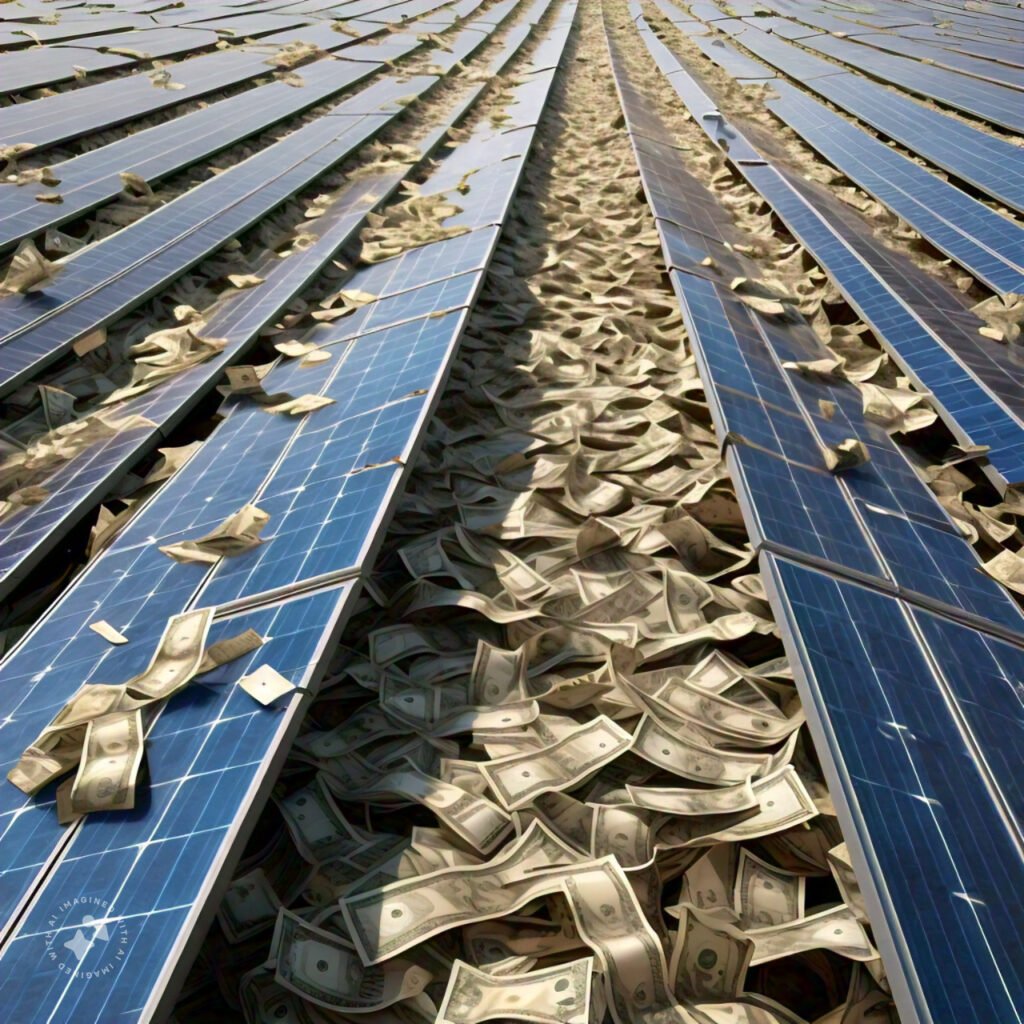
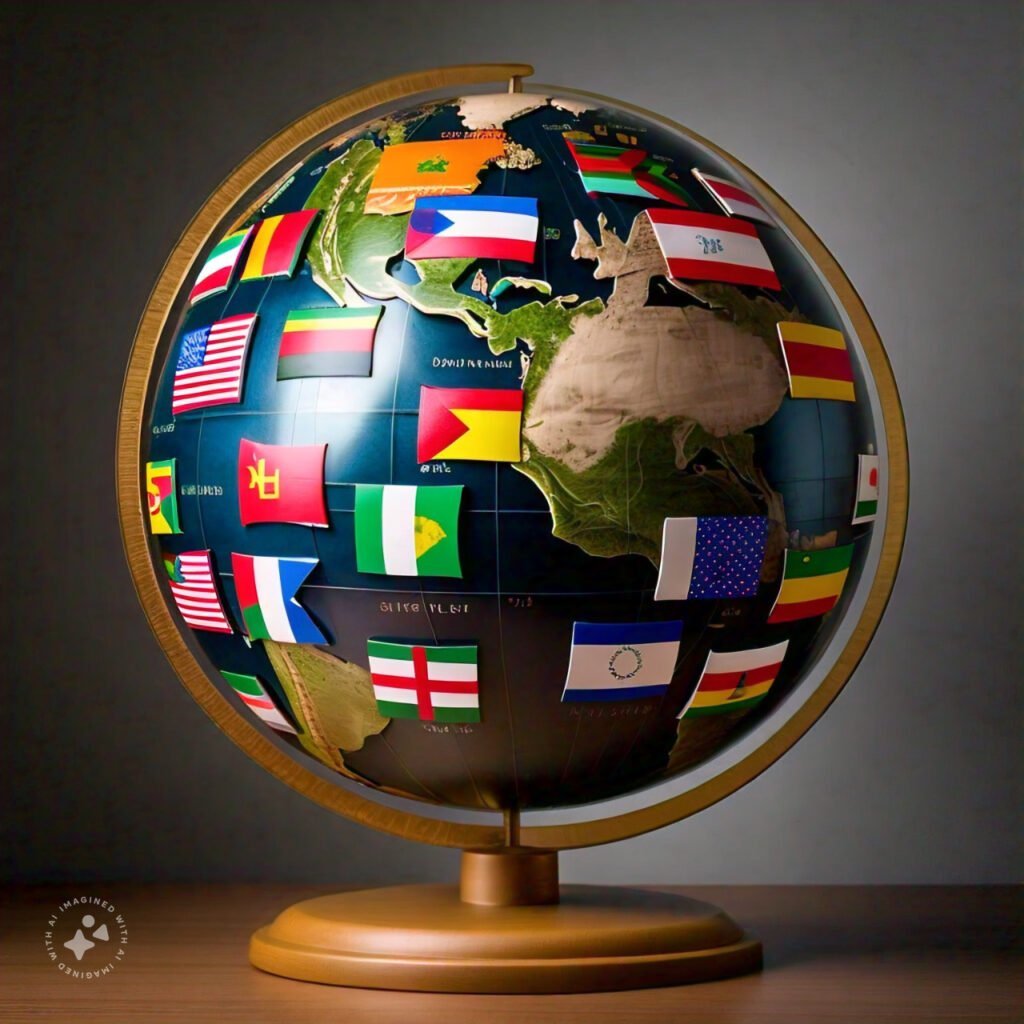
Africa's Responsibility and Global Support
There is a growing discourse on the responsibilities of different regions in addressing climate change. Given Africa’s minimal historical contribution to global emissions, many argue that the continent should not bear the same burden as more industrialized regions in reducing emissions. Instead, there is a call for a more equitable global strategy that acknowledges the different levels of responsibility and capacity.
One proposed solution is for wealthier nations to financially support Africa’s transition to green energy. This could involve direct investment in renewable energy projects, technology transfer, and capacity-building initiatives. Another innovative idea is the concept of “buying out” Africa’s fossil fuel reserves. This would involve wealthier countries purchasing these reserves to keep them untapped, effectively compensating African nations for the lost revenue while encouraging a shift towards greener alternatives.
A Call for a Global Strategy
To ensure Africa can industrialize without sacrificing environmental sustainability, a comprehensive global strategy is essential. Such a strategy should include:
1. Financial Support: Developed countries should provide financial assistance to help African nations invest in green technologies and infrastructure. This could be through grants, concessional loans, or other financial instruments that reduce the burden on African economies.
2. Technology Transfer: There should be increased efforts to transfer green technologies to Africa. This includes not only the hardware but also the knowledge and expertise needed to implement and maintain these technologies.
3. Capacity Building: Developing local expertise in renewable energy and sustainable practices is crucial. This can be achieved through education, training, and partnerships with global institutions.
4. Policy and Regulatory Frameworks: Supporting the development of robust policy and regulatory frameworks in African countries can encourage private sector investment in green projects and ensure that these initiatives are sustainable and effective.
5. Debt Relief and Restructuring: For heavily indebted African countries, debt relief or restructuring could free up resources for investment in green and sustainable development.
Conclusion
Africa’s journey towards a green and blue economy must be supported by a global partnership that recognizes the unique challenges and opportunities the continent faces. By working together, the international community can help Africa industrialize sustainably, ensuring that economic growth does not come at the expense of environmental health. This approach not only benefits Africa but the entire planet, as we collectively strive to combat climate change and create a more sustainable future.
